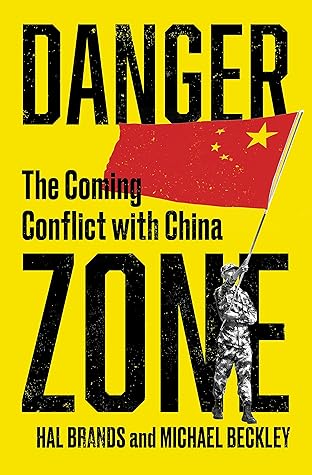More on this book
Community
Kindle Notes & Highlights
Our core argument in this book is that the conventional wisdom is wrong on both points. Americans urgently need to start seeing the Sino-American rivalry less as a 100-year marathon and more as a blistering, decade-long sprint. That’s because China will be a falling power far sooner than most people think.
The reason for this is China has reached the most treacherous stage in the life cycle of a rising power—the point where it is strong enough to aggressively
disrupt the existing order but is losing confidence that time is on its side.
We live in an age of “peak China,” not a forever rising China. Beijing is a revisionist power that wants to reorder the world, but its time to do so is already running out.
The greatest geopolitical catastrophes occur at the intersection of ambition and desperation.
China doesn’t want to be a superpower—one pole of many in the international system. It wants to be the superpower—the geopolitical sun around which the system revolves.
First, the CCP has the eternal ambition of every autocratic regime—to maintain its iron grip on power.
Second, the CCP wants to make China whole again by regaining territories lost in earlier eras of internal upheaval and foreign aggression.
The CCP’s third objective is to create “Asia for Asians,” a regional sphere of influence in
which China is supreme because outside actors, especially America, are pushed to the margins.
Beijing wants more than regional hegemony, however, and the fourth objective of its strategy focuses on achieving global power and, eventually, global primacy.
“Empires have no interest in operating within an international system,” writes Henry
Kissinger. “They aspire to be the international system.”24 That’s the ultimate ambition of Chinese statecraft today.


